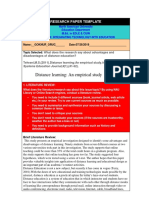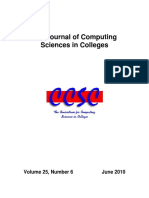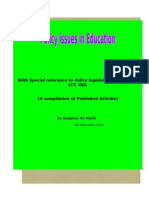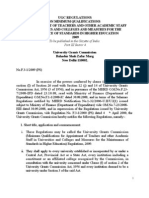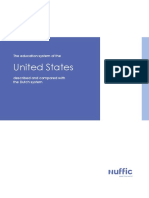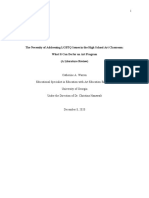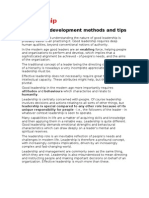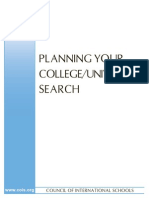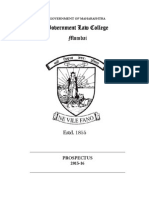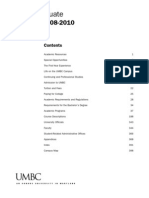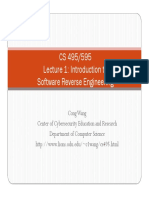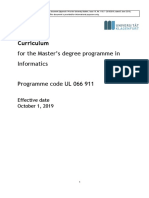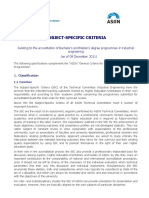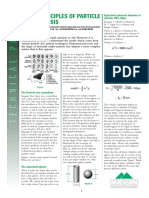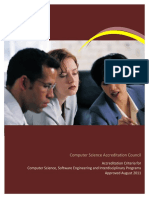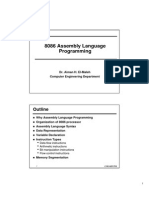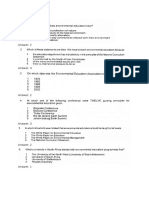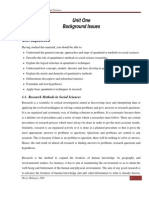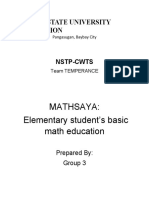0% found this document useful (0 votes)
165 views9 pagesASIIN TC 04 Informatics Computer Science 2011-12-09
The document outlines subject-specific criteria for accrediting bachelor's and master's degree programs in informatics and computer science.
It discusses the role and functions of subject-specific criteria, including summarizing good practices, facilitating comparison between accreditation procedures, and contributing to a unified European Higher Education Area.
The document also outlines expected learning outcomes for bachelor's and master's programs. For bachelor's programs, it expects graduates to have specialized competencies in areas like algorithms and programming, as well as social competencies like teamwork and communication skills. For master's programs, it expects deeper technical skills and preparation for research work or management roles.
Uploaded by
khaleel_anwar2000Copyright
© © All Rights Reserved
We take content rights seriously. If you suspect this is your content, claim it here.
Available Formats
Download as PDF, TXT or read online on Scribd
0% found this document useful (0 votes)
165 views9 pagesASIIN TC 04 Informatics Computer Science 2011-12-09
The document outlines subject-specific criteria for accrediting bachelor's and master's degree programs in informatics and computer science.
It discusses the role and functions of subject-specific criteria, including summarizing good practices, facilitating comparison between accreditation procedures, and contributing to a unified European Higher Education Area.
The document also outlines expected learning outcomes for bachelor's and master's programs. For bachelor's programs, it expects graduates to have specialized competencies in areas like algorithms and programming, as well as social competencies like teamwork and communication skills. For master's programs, it expects deeper technical skills and preparation for research work or management roles.
Uploaded by
khaleel_anwar2000Copyright
© © All Rights Reserved
We take content rights seriously. If you suspect this is your content, claim it here.
Available Formats
Download as PDF, TXT or read online on Scribd
/ 9








